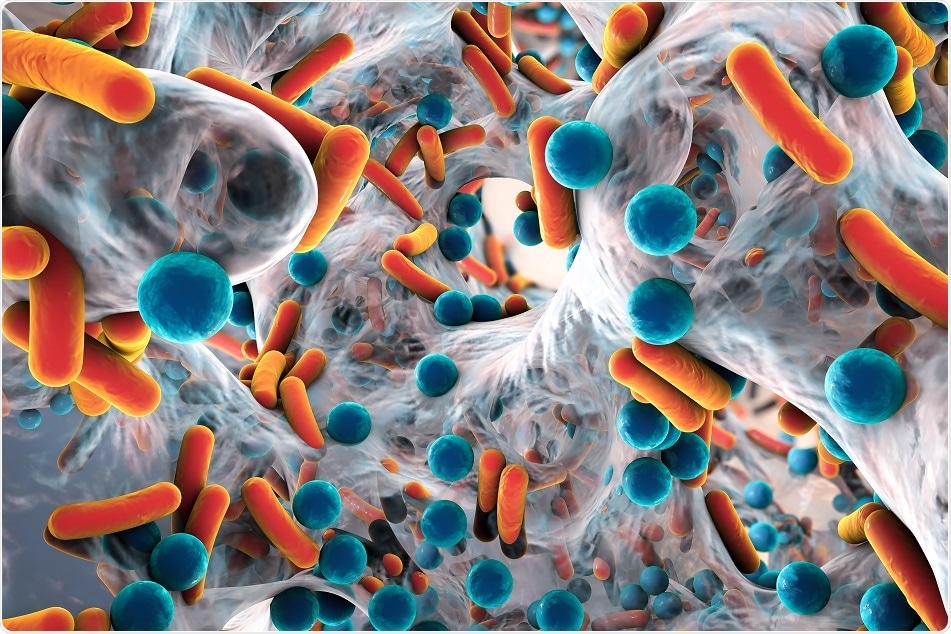A team of researchers have developed a way of preventing the transfer of antibiotic resistance genes between bacteria.

Credit: Kateryna Kon/ Shutterstock.com
One of the ways in which antibiotics resistance genes spread is through the transfer of genes coded on plasmids – the DNA fragments present in yeasts and bacteria.
Now, Bastien Casu and colleagues from the Université de Montréal have screened a library of small chemical molecules looking for those that bind to a protein called TraE, which is a key component of the plasmid transfer machinery.
As reported in Scientific Reports, the team used X-ray crystallography to find out the exact binding site of these molecules on TraE. This meant they could design more powerful binding molecules that could reduce the transfer of plasmids carrying antibiotic-resistance genes.
The researchers hope to use this approach to find more inhibitors of the transfer of these genes, which could ultimately help to preserve the effectiveness of antibiotics.
You want to be able to find the 'soft spot' on a protein, and target it and poke it so that the protein cannot function,"
"Other plasmids have similar proteins, some have different proteins, but I think the value of our study on TraE is that by knowing the molecular structure of these proteins we can devise methods to inhibit their function."
Bastien Casu, Université de Montréal
Casu and his team are now building on their encouraging new findings to turn the new molecules into effective inhibitors of antibiotic resistance gene transfer. They hope that such molecules could one day be used in hospitals and clinics where antibiotic resistance is a problem.
What is beautiful about this work is that the proteins the team is working with closely resemble those that are used by bacteria to cause disease
So, from what we learned about the TraE protein and about finding its 'soft spot,' we can actually apply this approach to other bacteria that cause diseases. One of those is Helicobacter pylori, which is a gastric pathogen that causes ulcers and stomach cancers. We're working on that one specifically now, but there are many others."
Bastien Casu, Université de Montréal